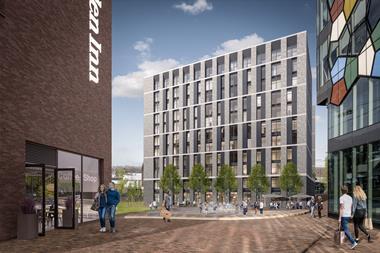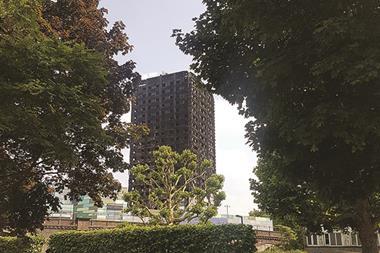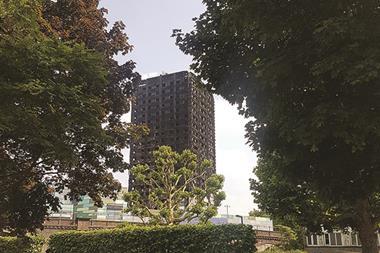Recent events have highlighted some big gaps in our society. The general election served to show that the divisions from last year’s EU referendum remain and are unlikely to heal any time soon, while the recent Grenfell Tower tragedy has shockingly underlined how we have disregarded housing support for those most in need.

After this, we absolutely cannot continue to house people in inadequate homes, no matter what their wealth, ethnicity or social class.
The argument in the UK has long been that more homes and housebuilding must be the priority at all costs. However, the discussion can no longer only be about quantity; it also needs to be about quality. We must provide more people with purpose-built modern social housing stock in place of the substandard homes many live in.
A total of 42% of Britons have at some point lived in social housing, so the recent figures that show a 97% drop in social housing building since 2010 are an embarrassment to our country.
People need housing that is both adequate and affordable. With a private property market that neglects the poorest, the UK needs social housing now more than ever.

However, while social housing has endured a tough period, there are reasons to be optimistic.
Despite the dismal way in which the election was fought, with an initial obsession with Brexit, it was encouraging to see that housing was an issue high on the agendas of the political parties and the public. Moreover, it was fantastic to see social housing become an election battleground again.
Sustainable funding
The Conservative manifesto outlined a new role for council house building and positioned housing associations as key deliverers of homes once again. There were also commitments to halve the number of people sleeping rough and provide more specialist housing - something the country desperately needs.
These are all positive signs, but we in the housing association sector now need to stress the importance of more long-term sustainable funding to make that happen.
Meanwhile, Labour placed affordability and a commitment to standards at the heart of its manifesto’s housing pledges. This included an ambitious target of 100,000 new housing association homes per year, a pledge to tackle problematic ground rents, a commitment to fund Help to Buy until 2027, proposals on rent control and fixed-term tenancies and a guarantee to bring back housing benefit for 18- to 21-year-olds.

The affordability of housing is already a key concern among young people and is only set to grow as scaling the housing ladder becomes increasingly difficult.
With government support, housing associations can deliver social housing on a scale the country desperately needs
While the election has thrown much into doubt, one positive that has come out of it is the willingness shown by the political parties to bring social housing back in from the cold. This is an exciting first step on the road to ensuring housing associations can make a real contribution to housing delivery again.
As parliament resumes, we must not let this energy ebb away. We must make the government aware that, with its support, housing associations can deliver social housing on a scale the country desperately needs.
I by no means offer the view that social housing can solve Britain’s housing problems on its own, but we can make a significant contribution to the effort.
What’s most important is the recognition from all sides that we need a combined approach using a mixed tenure of housing from both the public and private sectors to solve it. It’s what the property industry has long been calling for.






























No comments yet